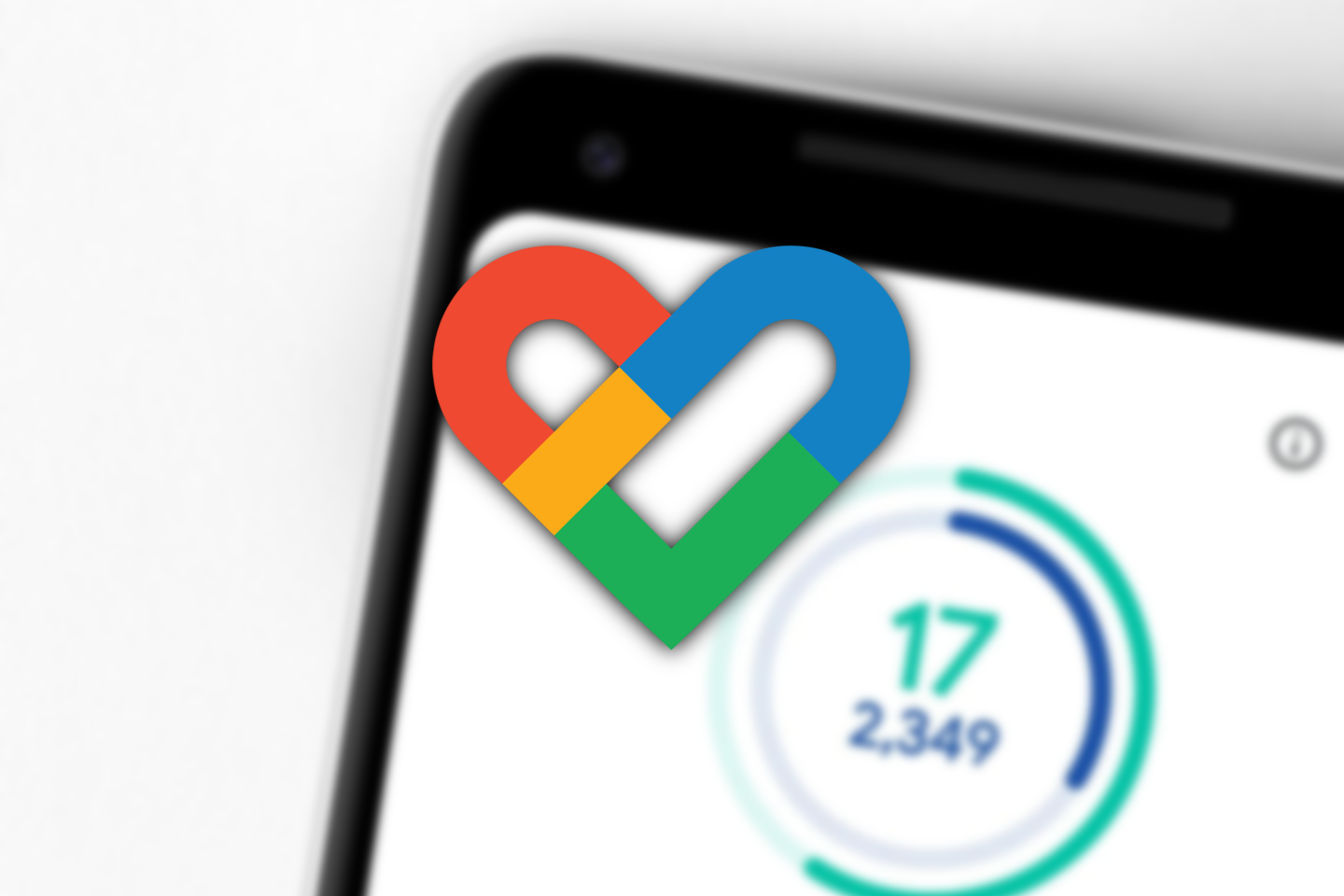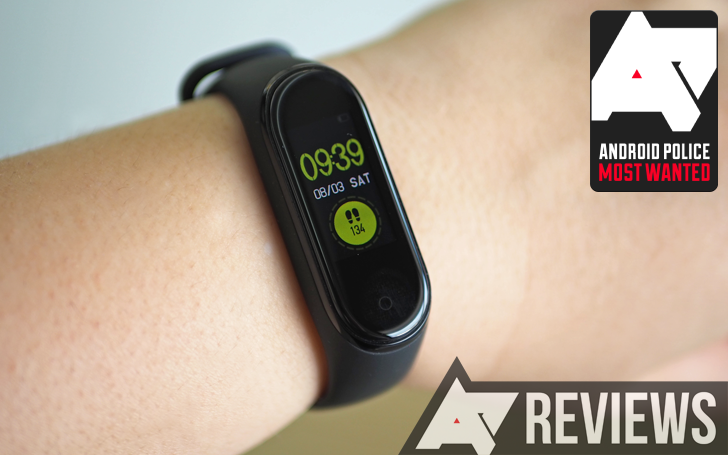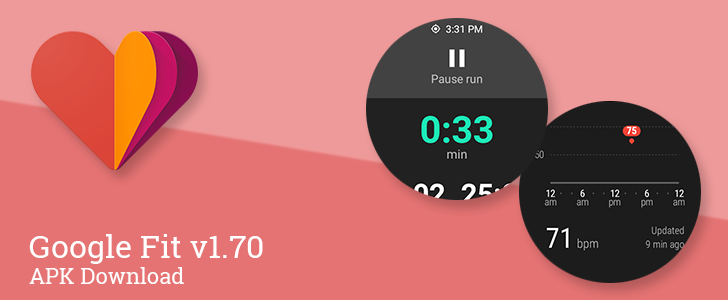latest

Fitbit follows Apple Watch's lead with stroke-preventing tech
AFib monitoring for a lower cost with longer battery life.
The forebears of today's best fitness trackers and smartwatches may have been little more than tiny notification buzzers and step tracking novelties, but we’ve always known they had the potential to save lives and help us identify serious issues before they become irreversible. Last month, Google highlighted its work with machine learning algorithms to advance healthcare, and now the U.S. Food and Drug Administration just gave the go-ahead to roll out a new algorithm to Fitbit devices that will be even more effective at identifying people with atrial fibrillation (AFib), one of the leading signs that a person is at risk of a stroke.

Google Fit's health data is now more beautiful and more functional (APK Download)
A new "Browse" tab centralizes your data and adds more options
Google Fit is seeing a renaissance of sorts. After being quasi-abandoned for a long while, the app reemerged with a new UI and keeps adding new features every now and then, like the impressive heart and respiratory rate measurement on Pixels. But what Fit has always lacked is a more organized user experience. The stream of similar-looking cards on the homescreen is the least efficient way of showing all this health data, and it seems the devs finally took notice and decided to fix it, while also adding new functionality.

Google Fit's nifty camera-based HR monitor is now available on Pixels (APK Download)
A timed-exclusive coming to other phones later
I know that a month feels like a lifetime ago, but do you remember the Google Fit Mobile Vitals features that were announced — you know, the ones that promised heart rate and respiratory monitoring without any extra hardware? The Pixel timed-exclusive Google reminded us was coming during the March Feature Drop? Well, we're told that the pair of Mobile Vitals features (which work with nothing more than your phone's existing camera) start rolling out to Pixels on Monday, and we even know what they will look like in action.

Google Fit's bringing heart-rate monitoring to Pixel phones without the need for any extra hardware
Plus a respiratory rate monitor — both coming to other phones later
Google Fit already has plenty of ways to tell you that you're out of shape — a common issue during the ongoing pandemic. But it's picking up a new way to measure both your heart rate and respiratory rate, using just your smartphone's camera. The feature is expected to land next month, and though it's a Pixel-exclusive to start, it should be coming to other Android phones later.

Fitbit Charge 4 review, one month later: All the fitness tracking you could ask for, plus some smartwatch goodies
Some smaller omissions taint the otherwise great product, though
Read update
For many people, Fitbit is synonymous with fitness trackers, but the company has faced new challenges from smartwatches in recent years. The Fitbit Charge 4 signifies a change, even if it doesn't look too different from its predecessor. The tracker packs everything you could want from a fitness tracker, and you get basic smartwatch capabilities like notification management, Spotify controls, NFC payments, alarms, and more. However, its $150 price tag may make it a tough sell when a smartwatch like Fitbit's own Versa 2 often goes on sale for the same price.

Xiaomi Mi Band 5 is official, comes with a bigger screen and more convenient charging
One of the most affordable fitness trackers receives thoughtful enhancements
Read update
Xiaomi managed to impress everybody with its low-cost $30 Mi Band 4 that easily kept up with much costlier products from Fitbit, Garmin, and Co. (as long as you're not a swimmer, that is). Exactly a year after its introduction, the company has released a follow-up in the form of the Mi Band 5, packing a slightly bigger screen, a much-improved charger, more tracking capabilities, and a ton of new animated watchfaces.

In the world of activity trackers, nothing comes close to the Mi Band's value. Cheaper than any Garmin or Fitbit tracker, even the most basic vivofit4 and Inspire, but still packing enough functionality, it also benefits from Xiaomi's name recognition and is considered a serious choice, not a cheap knock-off no-name tracker.The most recent Mi Band 4 pushes the value-for-money envelop even further thanks to a colored AMOLED screen, swim tracking, and music controls, which get added on top of the previous generation's all-day activity, sleep, and heart rate tracking. Overall, the package is very attractive, but cracks are inevitably hiding below the surface, especially if you like spending your time in a pool.

My arsenal of smart health and activity trackers has been missing a body composition weight scale. The Fitbit Aria always looked appealing to me because I've been wearing a Fitbit for more than 3 years, but it's getting a little outdated. Several months ago, I was looking at the Polar Balance Scale, the Withings WS-50, the Garmin Index Smart Scale, and a few others. Eventually, I settled on the QardioBase because I already had a good experience with the QardioArm and liked the company's no-nonsense approach to design and health. However, I was unlucky enough to get the first generation, which turned out to be a complete failure from the get-go. It wouldn't even set up properly, let alone weigh or connect to a phone. The QardioBase went back into its box, never to be seen again, and I was back to browsing for smart scales.That's when I read the announcement for the Withings Body and Body Cardio and knew I wanted to try one of them out. Withings knows its scales well and has been improving generation after generation. Its products have been favorably reviewed and this Body lineup is technically the third generation after the WS-30 and the WS-50. Withings has also plunged deep into connected health and home gadgets and been expanding its portfolio with products interesting enough to garner the attention of Nokia who decided to acquire it.The most fascinating thing about the Body scales though, aside from the brand's good reputation and all of the scales' features, is how well Withings plays with others. The company has direct integration with MyFitnessPal, RunKeeper, Nike+, and Nest, but it also has Google Fit support, and an IFTTT channel for even further connections. These are not just smart scales, they're also part of a smart service that knows how to work with your whole arsenal of connected devices.My review here focuses on the more expensive $179.95 Body Cardio scale, which does heart rate and Pulse Wave Velocity measures. But aside from a few cosmetic differences and the lack of these two values, the regular Body can do everything else at a cheaper $129.95.

The Samsung Gear Live launched with a built-in heart rate monitor, but unfortunately, it could only take measurements one at a time. There was no way to monitor a wearer's heart rate continuously, such as during a workout. Now developer Portable Pixels has hit Google Play with an Android app that makes this functionality possible, one that goes by the rather straightforward name of "Heart Rate Training."

How many times do you unlock your smartphone within the span of a minute? I can't count the number of times I've unlocked my phone, started a podcast, put it down, changed my mind, unlocked the phone, selected a new podcast, put the phone back down, heard a chime, unlocked the phone, responded, and put the phone down - finally - for long enough to focus on something else. For the sake of convenience, I desperately want to leave my phone unlocked, but doing so frankly isn't safe. We've covered an NFC ring on Kickstarter that alleviates this problem by unlocking your phone whenever it's pressed against it, and now we're sharing the Nymi, a bracelet that can detect who you are and unlock your phone by measuring your heartbeat.

Recon Instruments, creators of wearable goggle technology powered by Android called MOD Live that we got so excited about at CES 2011, have officially announced the impending release of an SDK for Android, due for launch in May 2012. Recon also announced Polar, the first app made using the SDK, that connects a Polar WearLink+ heart rate monitor to MOD Live and allows the MOD display to become a "biometric reader that delivers an athlete's heart rate in real time while they ski or snowboard."






